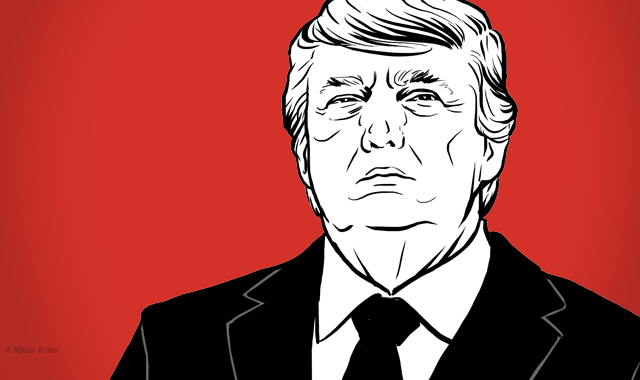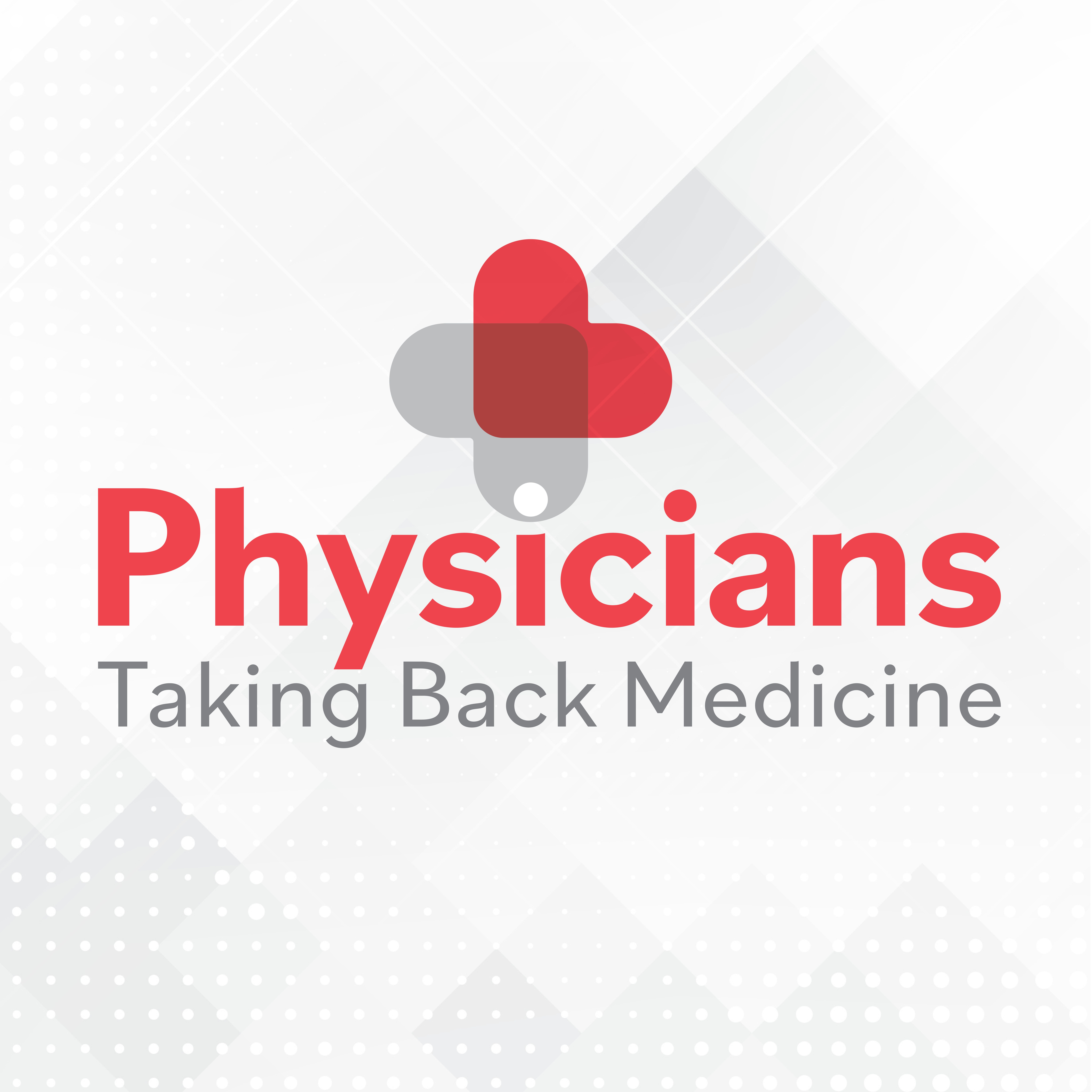News
Article
What Donald Trump's election means for pharma: Insight from the 2024 Global Pharma and Biotech Summit
Author(s):
Key Takeaways
- Trump's administration may attempt to repeal the Affordable Care Act and the Inflation Reduction Act, affecting drug pricing.
- Robert F. Kennedy Jr.'s potential role in health policy introduces uncertainty, especially regarding vaccine skepticism.
A panel at the Financial Times’ 2024 Global Pharma and Biotech Summit in London analyzed what the re-election of Trump could mean to the pharmaceutical industry.

Donald Trump’s victory in the 2024 US presidential election is sure to have an impact on the pharmaceutical industry. During a panel at the Financial Times’ 2024 Global Pharma and Biotech Summit, the following speakers met to discuss the outcome of the election and the impact it may have on the industry:
- Lauren Fedor, US political correspondent and Washington deputy bureau chief at The Financial Times,
- Panos Kanavos, associate professor of international health policy at the London School of Economics and Political Science, and
- Sebastian Guth, CEO of Bayer Pharmaceuticals.
The panel, moderated by Financial Times US pharmaceutical and biotech correspondent Oliver Barnes, opened with a question about what the Trump cabinet’s general approach to healthcare may be.
Fedor answered, “Towards the very end of the campaign there was conversation again about the Affordable Care Act, more commonly known as Obamacare, and whether President Trump would once again try to repeal that legislation. That's something that we know that he and many Republicans for a very long time have wanted to do, so that's maybe one health care bucket that might be worth following. They've also talked about repealing the Inflation Reduction Act, which obviously had implications for drug pricing. Maybe the most interesting wild card here, and I know that previous panelists were talking about this as well, is the role that Robert F. Kennedy Jr. might play in this administration. He was a key surrogate or spokesperson for President Trump in the final stretch of his campaign and he has been very clear about his views on vaccines.”
She continued, “Some other people in Trump’s orbit have been repeating those views as well. A couple of weeks back, Howard Lutnick, who is the head of the transition team and is basically in charge of hiring personnel for this administration, was repeating some of that those vaccine skeptic claims. Uncertainty is the name of the game at this point. We know President Trump will be taking office in January. How he staffs his administration, what his priorities are, and what the implications are, not only for the pharma industry but business more broadly, is going to be important. The thinking right now is that he might outsource a lot of health policy to RFK. For some biopharma leaders I've been speaking to, that's the fear.”
Barnes followed up by asking Guth how he, as the CEO of major pharma company, is reacting to the possibility of RFK Jr. taking a leadership role at FDA.
“Wouldn't we all wish we had a crystal ball,” Guth answered. “I think we're about 36 hours into the election results and we still have many more hours, weeks, months, and years to go. In my mind, it's really premature to speculate too extensively as to who will take what position and I would suggest that even the incoming president may not know yet. He was likely very focused on the campaign trail first and foremost. As you think about institutions, I would submit that FDA is in many ways the gold standard. It's an institution that many others look up to across the world, and, as an industry, we're very dependent upon working with agencies that are predictable, science-based, and don't waver on a commitment to patient safety. Those principles will remain to be important as we go forward.”
He continued, “RFK Jr. is a massive skeptic about whether the approval process is particularly rigorous. As someone who works with FDA, I would clearly highlight that FDA is grounded in both a commitment to advance science and an unwavering commitment to patient safety.”
Barnes also asked Kanavos to predict what the industry will look like towards the end of Trump’s term in 2028.
Kanavos said, “2028 is hard to predict, but I think we need to start from the premise that most healthcare systems including the US healthcare system are in the midst of a storm. This is in terms of access, cost, and ability to pay. think the US healthcare system obviously is the most expensive one. They're spending about 17% of their GDP on healthcare. That's huge.
He continued, “If you look at countries like ours here in the UK or France, anything between eight and 13 percent maybe of was the most product spent. The US does not have universal health insurance coverage, which I think is an important thing to bear in mind. Some of these gaps need to be filled in the in the US healthcare system. Despite the amount of money that is spent, the US has probably the most modest health outcomes in many disease areas. That's another area to improve upon. In other words, despite the amount of money that is being spent on healthcare, health outcomes are lagging behind the UK, Germany, France, Australia, New Zealand, Switzerland, and so on. Something needs to that to happen on that front that’s pretty big, but it's obviously very difficult to predict what the strategy is going to be when you think about healthcare.”





